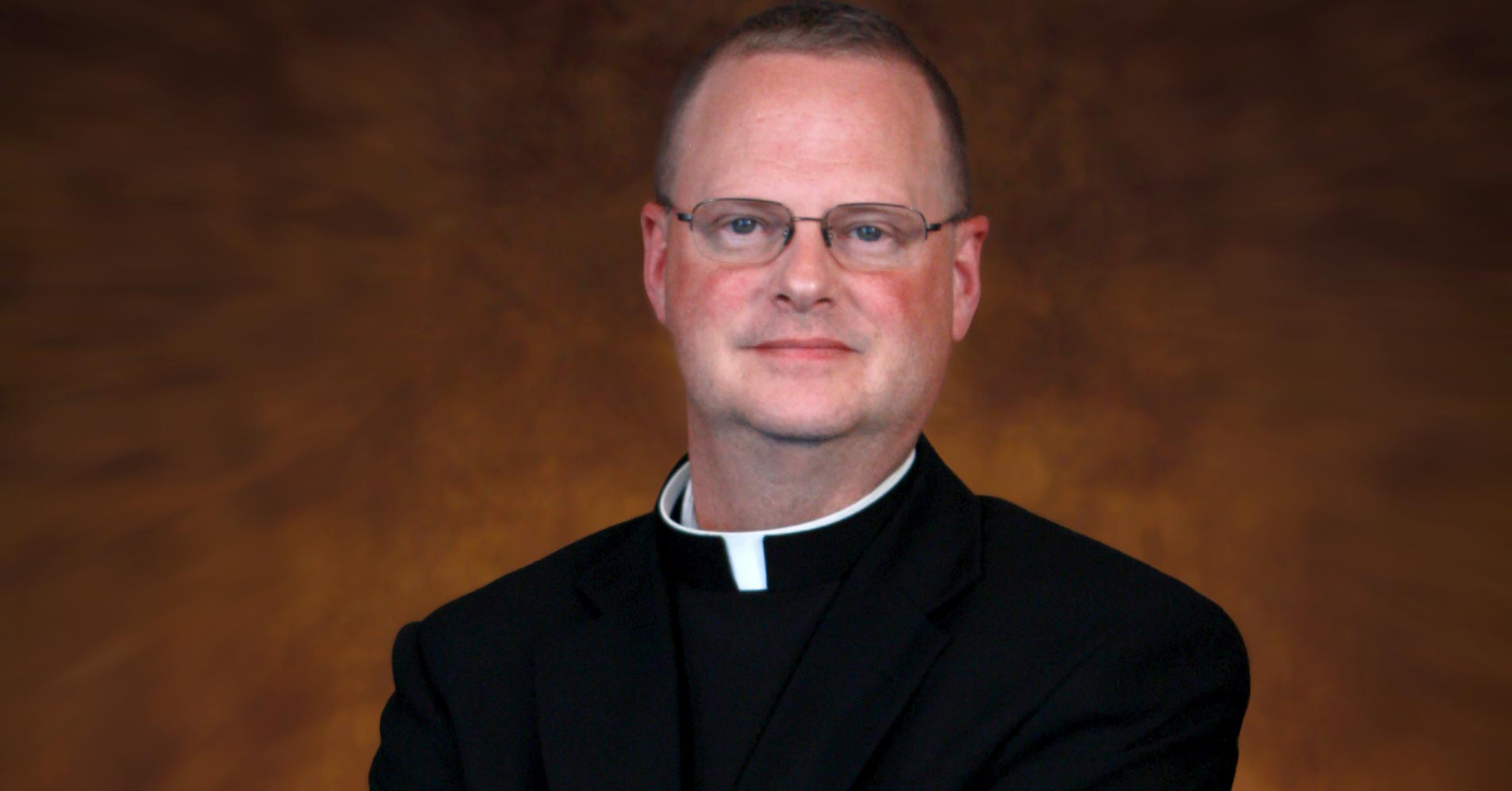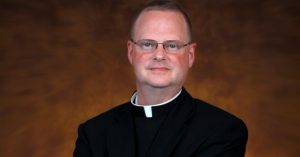
A few weeks ago I drove to Brookings for the annual Hobo Day festivities.
This has become something of an annual tradition, and because of that, certain rituals and routines have arisen. I tend to park in the same place, stop in at the Newman Center on my way to the parade, watch the parade from the same spot, walk to Nick’s Hamburgers for four hamburgers (mustard and onions only), sit next door to eat them, and then walk to the game, watch the game and then drive home.
As a human being, I find the rituals comforting and a good way to assure a Jacks victory in the game.
Yet, each year as I walk around Brookings and observe Hobo Day around me, the changes become evident. I am holding on to my rituals and routines, but things are changing around me. As I walk through campus, I am amazed at the new buildings and renovated areas. It hardly looks like the campus I graduated from 34 years ago.
Each year, there is something new that catches my attention.
This year it was something I had been warned about, but I presumed, in my arrogance, that I would never notice. Someone had told me once, years ago, about the shocking change and I laughed, but this year—there it was.
I was walking across campus on the way to the stadium when I noticed something, and then, unbidden and undesired, the thought jumped into my mind before I had a chance to quash it. I thought, “When did they start letting little kids go to college?”
There it was.
The college students around me looked so young; they all looked so unbearably young. It is the nature of human beings to deny the inevitable and to ignore the changes that take place, slowly and rather imperceptibly, but they happen nonetheless. That night, having returned home, I was standing at the mirror while getting ready for bed.
I thought about a picture of myself taken when I was a student at SDSU—tall and lanky, long wild hair, thin as a rail—and realized I still thought of myself as that young man. I looked into the mirror and tried to figure out who was looking back at me, that paunchy man with wrinkles around his eyes, his hair and beard filled with grey, whose back was sore from driving to Brookings and back.
I had thought of myself as still being in my 20s (ok, maybe 30s) for so long that the only way I could get myself to see the truth was to say it out loud. I looked at that man in the mirror and watched my mouth form the words, “You’re gonna be 60 years old soon.”
There it was.
That may seem like a bad thing, and I have discovered that there are certainly some challenges in getting older. I make those weird grunting sounds when I sit, and visits to the doctor are not as carefree as they once were; my face and body are changing in ways expected and unexpected.
Such is, of course, the nature of life as we each grow older, day by day; the changes are inevitable. Yet, if I was being honest, I would have to say that, while I may miss many aspects of my youth, I wonder if I would go back if I could.
When I think about the experiences I have had, the things I have learned, the expressions of life and love I have received in each passing year, the first wrinkles and the grey hairs, the creaking knees and struggling eyes are but reminders that I continue to change, and to grow.
Because I have experienced more, I am more understanding. It is because I have suffered that I am more compassionate regarding the suffering and failings of others.
It is a good reminder that change means growth, and that is a gift of hope. I often think of the words prayed so often at the Mass of Christian Burial, “Lord, for your faithful people, life is changed, not ended.” How easily we forget that simple, beautiful truth. We think of death as an ending and a separation, and so we forget that it is a changing, and so a growth.
We are forever becoming what we are, growing into the reality of our lives, day by day, even into death. As with any journey, it is natural to pause on occasion and to look back, perhaps even longingly, and to remember what life was like, but our faith bids us forward into change, into growth and life.
In this month when we honor the souls of the faithful departed, we allow their witness to spur us forward, and in their glorious becoming they remind us, life is changed, and life is change.

